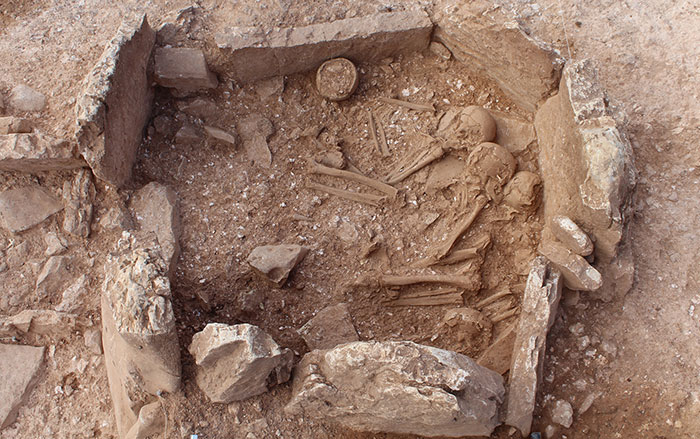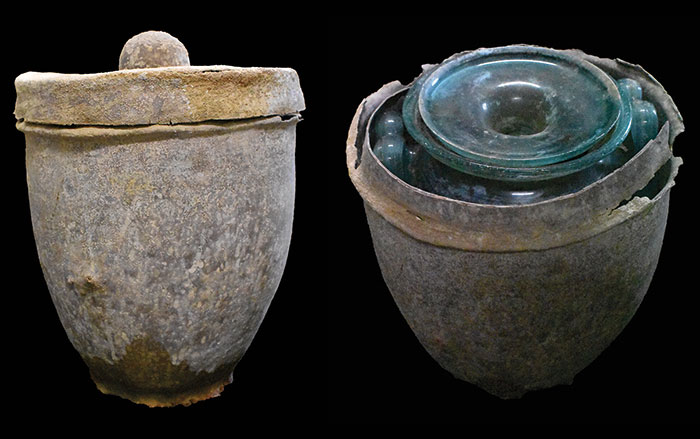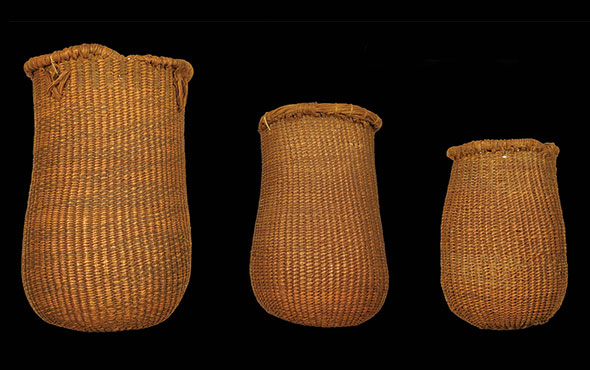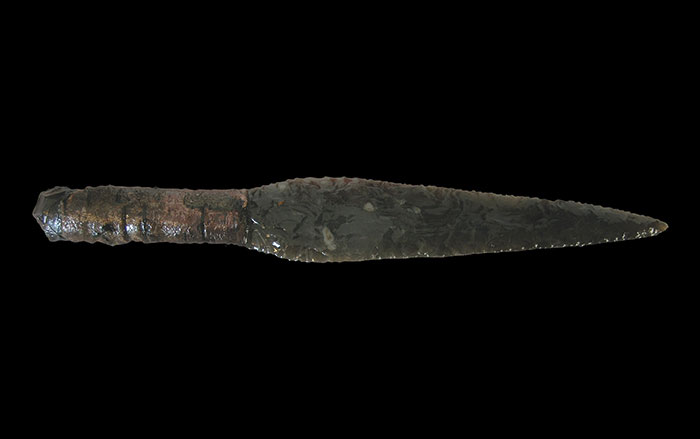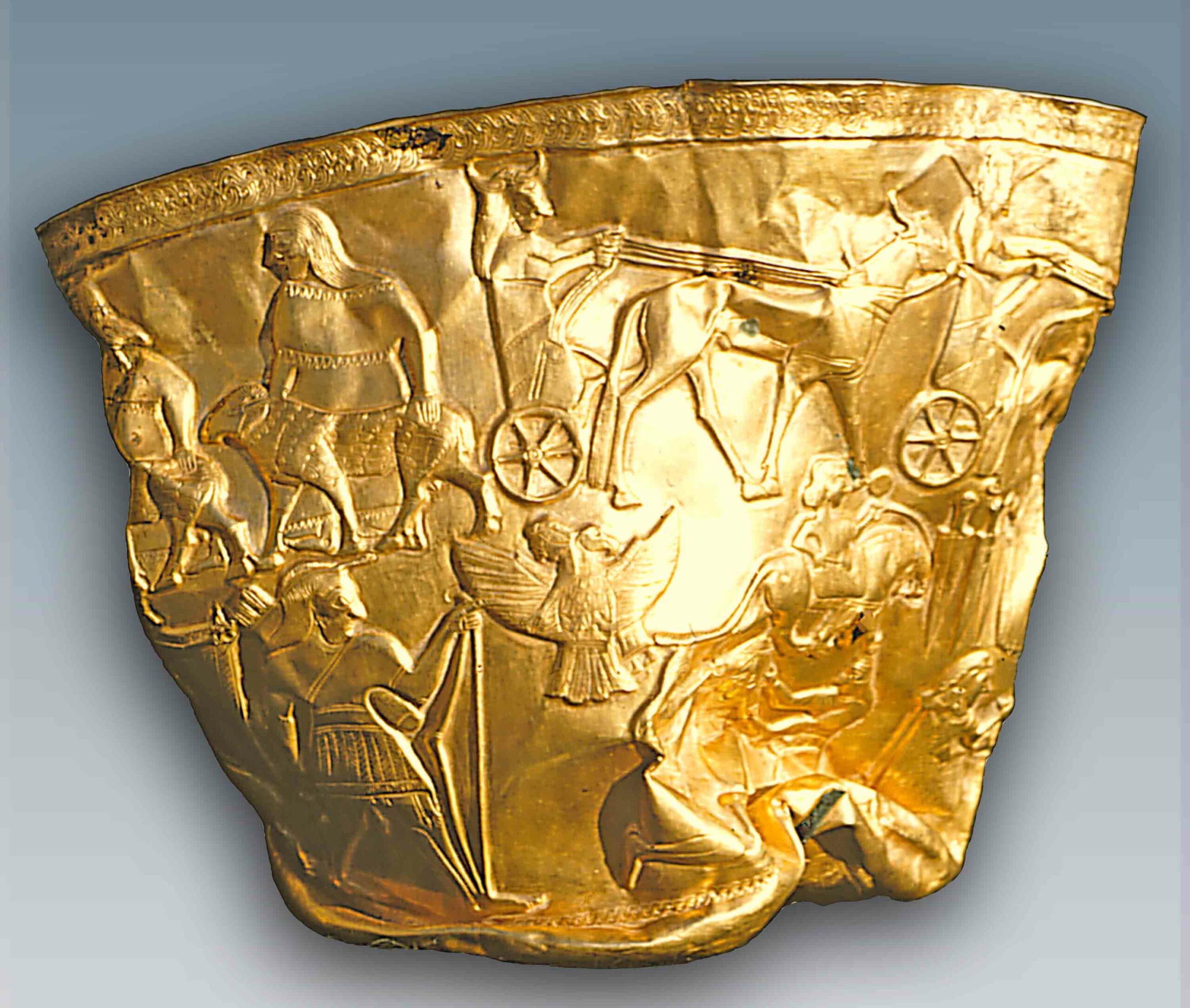
TENERIFE, SPAIN—Neanderthals may have disappeared from the Iberian Peninsula around 45,000 years ago, or some 5,000 years earlier than the rest of Europe, based upon the final occupation layer of El Salt, which has “a very robust archaeological context,” according to Bertila Galván of the University of La Laguna. Plataforma SINC reports that a team of scientists examined the extensive stratigraphic sequence at El Salt, and its lithic objects and remains of goats, horses, and deer. The team also obtained new dates from six teeth from a young adult who may have belonged to one of the last groups of Neanderthals in the region. They think that the Neanderthal population in the Iberian Peninsula gradually declined over several millennia, while the climate grew colder and more arid. Evidence at El Salt and other sites in the Iberian Peninsula suggests that modern humans arrived in the region after the Neanderthals had disappeared. To read more about our extinct cousins, see "Should We Clone Neanderthals?"


